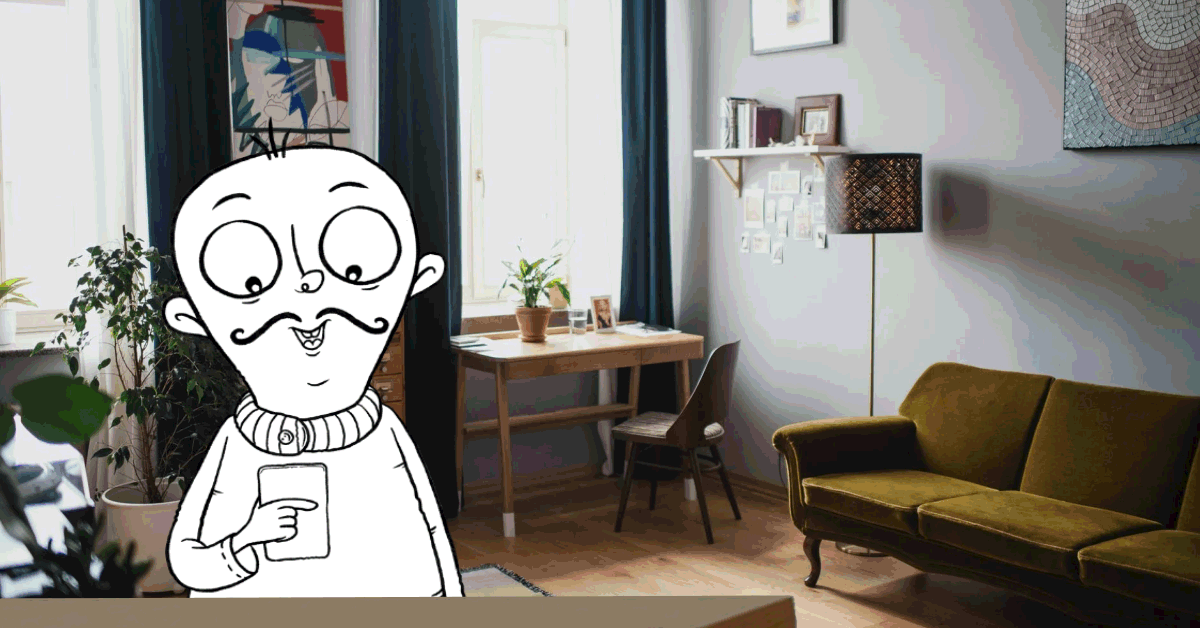Activity is a German board game that is pretty popular throughout Europe. We remember playing it since we were teenagers. You play it in teams and try to get to the finish line first with your team. Along the way you have to compete in various challenges, from charades to describing a phrase given on a card.
What’s great about it?
It’s fast-paced. And pretty easy to learn. The rules are really not that strict. You can actually play the game without reading the rules and make them up yourself, and the game works. The challenges are funny and diverse. The concept is simple and it doesn’t take much effort to get into the game. When you do get into it, time flies by!
What’s not-so-great about it?
Well, it’s very non-personal. While you do have fun and quite a few laughs along the way, you don’t really have the opportunity to converse or bond with players in any other way than through the challenges, which are mostly non-verbal. When you’re done, you’re left with an aftertaste of nothingness. At least in the sense of communication and connection with other players. Of course, that might be due to the creators not focusing on that part of social interaction with the game.
We, on the other hand, think that connection is essential for a good party game. Just as connection is essential for a good party! Connecting, bonding with each other and having good conversations is what excites us and gives us a sense of fulfilment.
The verdict
The game is great and it really pushed the boundaries of European party games when it first came out. But it’s missing something, that special kick that you get when you have a good conversation with a friend. We still love Activity, but we think it’s time to upgrade party games to another level and bring them closer to human interaction.


